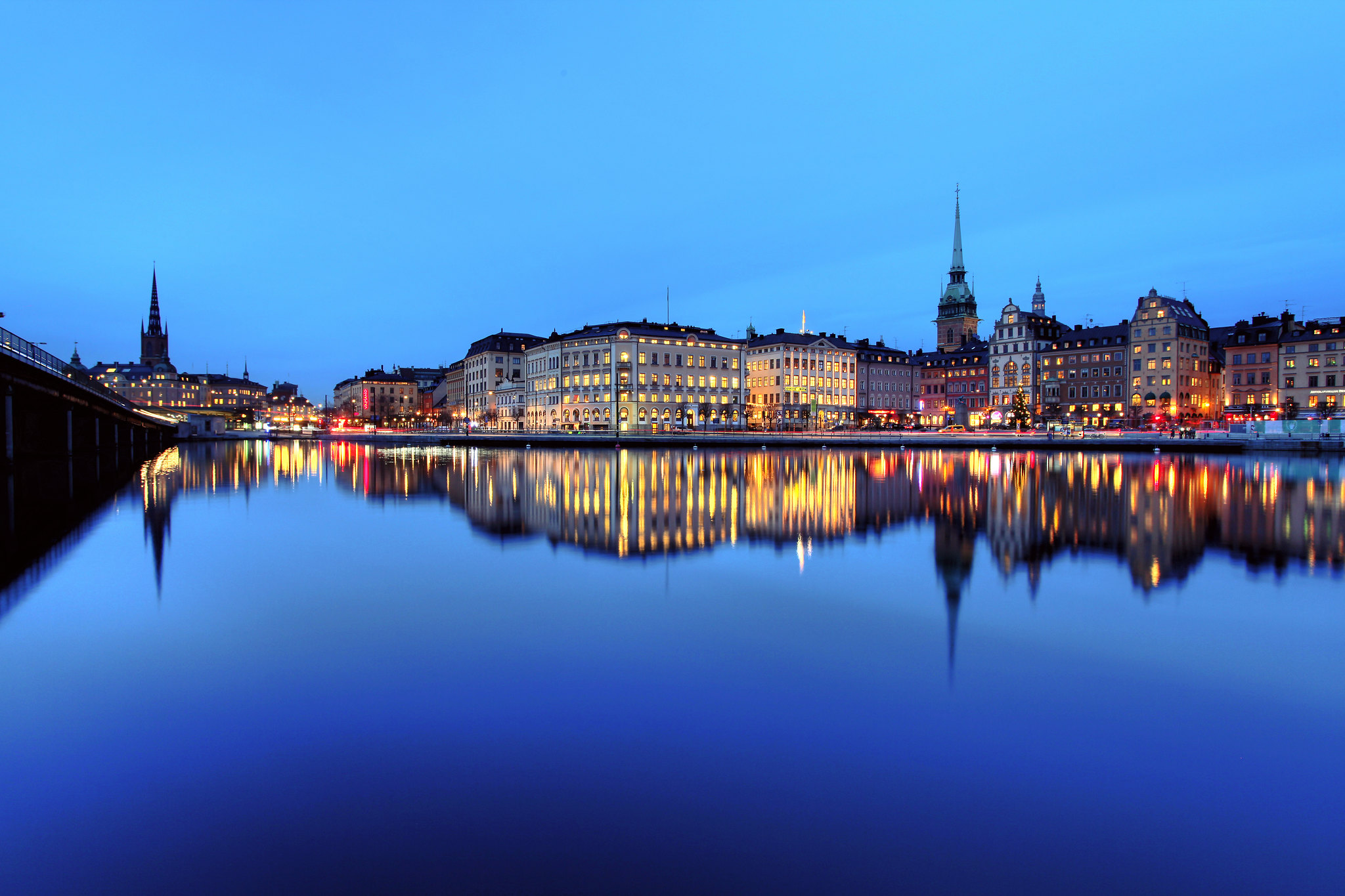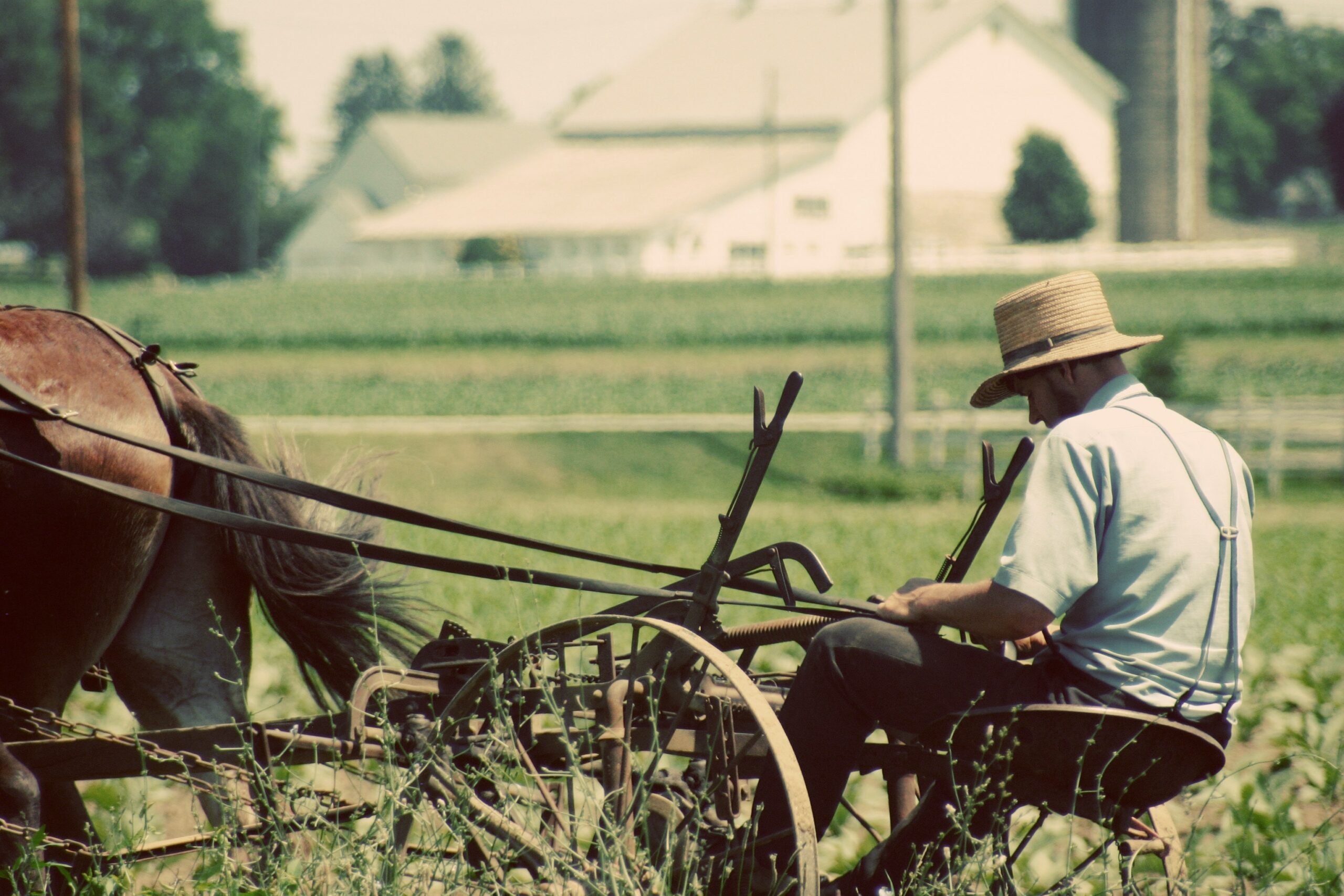With election day looming in the 2019 General Election, Boris Johnson suggested, in a week in which he was heavily criticised by the media for his party’s record on the NHS, the abolition of the BBC license fee. The threat of government imposing itself upon our public broadcaster is hardly a new issue, the far more explicit rhetoric represents the increasing reality that the BBC is in a crisis that leaves it far weaker than before.
Dropping viewing figures have forced them to compete online with similarly declining private print and broadcast media but also alternative media sites from across the political spectrum. Alongside this, however, is something that is arguably more concerning.
The falling trust in the BBC, particularly over the last year, with clashes over Brexit and the coverage of Jeremy Corbyn’s Labour Party (alongside impartiality rows over climate change previously) have highlighted plainly the BBC’s struggle to satisfy a polarised public and maintain its reputation as an authoritative provider of news.
BBC scepticism is now no longer reserved for the more radical or populist ends of the left or right, or those “with strong political views” as Ofcom’s report into the BBC from last year. This crisis has created a desire, particularly on the mainstream left and political centre, to want to go on the defensive against an overbearing government who could destroy the essence of the BBC root and stem via privatisation.
However, this crisis presents the perfect opportunity to confront problems that are far more deep-rooted in the structures of the BBC. A more stable, democratic and authoritative public service broadcaster can be formed via the desire for change, rather than seeing it decline into a more minimal and less critical influence on British political discourse.
To understand the BBC’s current crisis, it is important to understand how the BBC’s history links in to the problems it faces of late. Since its original formation in 1922, the BBC has been tied to a Royal Charter, requiring renewal every five years by Parliament.
Despite public pressure for its impartiality, this still allows governments, particularly those with large majorities, a huge degree of power over the BBC. This, combined with governments’ ability to select the Director-General and the contemporary public dislike of the license fee, suppresses critical and informative journalism.
The funding cuts over the last 10 years haven’t helped either. Instead, the BBC has made a habit of platforming the views of the government far more than even its Parliamentary opposition (let alone anyone outside Westminster). This model of funding has also potentially contributed to the prominence of daily paper reviews and the ending of the weekly What The Papers Say, something which sees the BBC becoming a delegate for the narratives of privately owned media, something which inevitably impacts its impartiality.
Another major trend of the BBC’s reporting and culture is its deference to powerful institutions, something that certainly outlasts the last decade. Exemplified as early as 1926 in its opposition to the 1926 General Strike where it was consciously in complete agreement with the government position. This something detailed comprehensively in Aston University sociologist Tom Mills’ BBC: Myth of a Public Service as arguably the most egregious example of the BBC’s tendency to replicate the policies of the state, seen in its first Royal Charter.
This hasn’t become any less of a tendency within BBC reporting in the following years. The 1956 Suez Crisis and the Iraq War, despite its hugely controversial role in criticising the UK government’s use of intelligence, exemplify a continued approach of a pro government bias.
On the domestic front, it is also fair to say that the BBC has largely followed the broad socio-economic trends of the day. This was done most explicitly, and to some extent understandably, in its integration into the propaganda push by the British state during World War 2. However, later its adoption of increasing social liberalism of the 1960’s under Director General Hugh Greene followed by different shades of the economic liberalism of the last 40 years through Director Generals like the Thatcherite John Birt and Greg Dyke, whose politics mapped closely onto those of New Labour.
This partiality towards the establishment can also be seen in the revolving door between the BBC, Westminster and print media. This is probably most obviously represented up until recently in a show like This Week, hosted by a former Sunday Times editor in Andrew Neil, flanked by former cabinet ministers Michael Portillo and Alan Johnson amongst other regular guests such as MPs past and present like Gyles Brandreth or Liz Kendall.
The presence of former politicians such as James Purnell in the BBC’s higher echelons and the migration of figures like Robbie Gibb from positions in BBC’s political team to becoming Director of Communications in Theresa May’s government also represents proximity to Westminster that is hardly the recipe for critical and challenging political journalism.
To create a more democratic, impartial and critical public service broadcaster will need policies that shift the terms of the BBC’s relationship with the state, the public and its own employers. In contrast to both the Johnson government’s talk of decriminalising non-payment or scrapping entirely the license fee, or the defensive stance taken by many on the centre and left, policy will have to acknowledge that the BBC has imperfections that are far more systemic than issues of funding.
A major advocate of BBC reform is that of the Media Reform Coalition, whose draft proposals advise that the BBC should no longer be dependent on a royal charter. Instead, its boardroom should be elected by employees and the general public. In addition, a reform of its impartiality policy should be undertaken and for there to be commission of programs from and representation of a wider section of the British public.
Some of these ideas have found their way into our political parties, with Labour’s sadly quite low-key media proposals pledging to “place the BBC on a permanent statutory footing” and “elect the BBC board members by staff and license fee payers” being a welcome start.
The BBC needs, from top to bottom, to become accountable to those who work in the company, so as to ensure that the interests of particularly political coverage are in line with everyone whose labour goes into ensuring it functions, and the general public. The end of the Royal Charter is an obvious first step towards reducing state coercion, making the BBC’s existence no longer dependent on the government and Parliament.
In addition, having a BBC boardroom and management with no government appointments and partially or totally comprised of worker and public elected representatives from different regions and demographics of the UK would both break up the close relationship between the BBC and the British state, whilst also representing far more closely a plurality of British society.
In addition to this, greater transparency would be required, presenting the previous employers of its presenters and any conflict of interest clearly for all to see, alongside a policy on impartiality which doesn’t create a false equivalence between viewpoints which actually obscures the reality of a debate rather than helping viewers better understand it.
The BBC deservedly is for some a source of great pride but sadly both its past and present reporting does not suggest an institution that exists purely as a public service. More often than not it has been, and remains, too close to a government and political system it is supposed to critique. For an institution that is still, despite its decline, for so many people still a gateway into politics and current affairs, it has to be, to the largest possible extent, agenda-free and accountable for its positions.
The BBC’s current crisis of legitimacy offers the opportunity for either a greater government power-grab through the withholding or compromising of funding sources or the opportunity for genuinely democratising reforms that will have the BBC live up to the rhetoric of its greatest advocates. For it to become a source for truly independent journalism in the public interest.
We are free online media cooperative owned democratically by the readers and the writers. Join us now and become a founding member. As a member you can vote for your favourite articles and we will distribute our funds accordingly.





